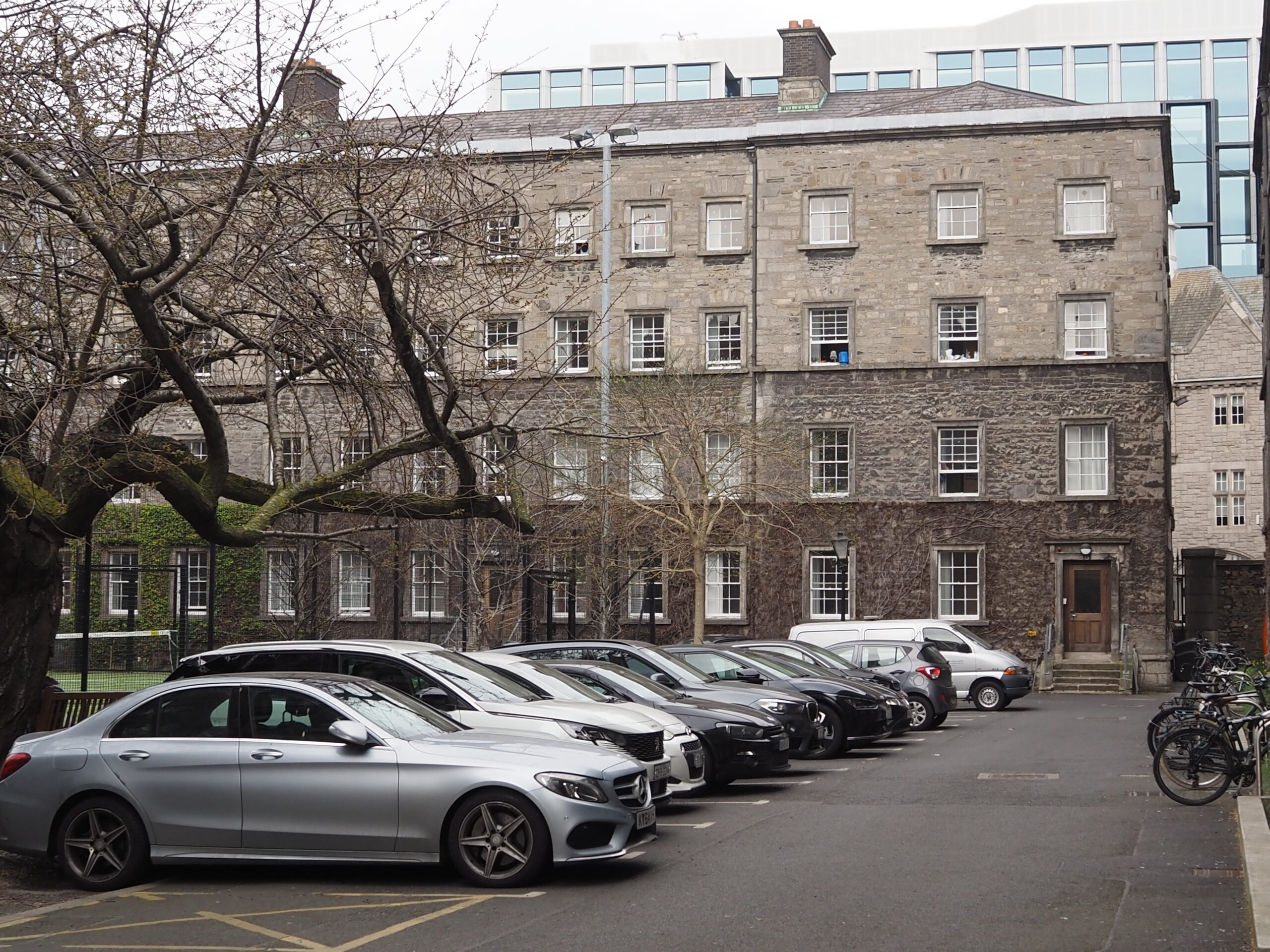Students in Trinity, and across the country are feeling the pressure of the housing crisis, particularly around the cost of accommodation. Many students find the pressure of the cost of accommodation to be a burden on them, with students saying that the cost of accommodation is affecting their studies. Recently, Provost Linda Doyle confirmed that Trinity will freeze rent for 2025/2026 following a direct action carried out by Trinity College Dublin Students’ Union (TCDSU/AMLCT) – however, College insists that a rent increase was not on the cards this year.
Meanwhile, many students believe that the college hasn’t done enough to ease the pressures students are facing.
In regards to the cost of accommodation, one student said that “it is really stressful” to afford accommodation. When asked if they thought the prices of accommodation were reasonable, they said that “some of them are reasonable, however most are unreasonable including utilities. Not to mention that most of them are small compared to other countries’ student accommodations,” a sentiment which many students echo, with another student saying “the current prices of accommodation are completely unreasonable”.
In a comment to The University Times, TCDSU/AMLCT Housing Rights Officer Lorenzo Cheasty said that “this freeze is the absolute bare minimum. This action is far from enough to ensure that students can survive amid our severe housing crisis. Much more needs to be done to ensure that students are able to access college despite the harsh financial barriers that the current housing crisis poses.”
Campus accommodation currently costs an average of €7,720.20 for the academic year including utilities (247 nights), with prices ranging from €6,520.33 in Pearse Street accommodation to €11,513.48 for a Double / King room in Printing House Square. Currently, a student working at the minimum wage for those over twenty years of age (€13.50 per hour) would have to work approximately sixteen hours per week to just cover rent, not even taking into account taxes, college fees, food, and the general cost of living. This can cause immense stress for students, causing them to miss out on many social opportunities and their grades to suffer. One student said that “Working to pay for college and accommodation has taken away countless social opportunities that I have had to live without […] I experience less immersion in college life and less opportunities as a result. I also have the stress of not knowing where I’ll live after my exams in May hanging over my head.”
Many also feel that the Irish Government must do more to support students struggling to afford accommodation. In response, a spokesperson for the Department of Housing, Local Government and Heritage stated that “The Government has also clearly demonstrated it wants to level the playing field for students – from limiting the amount of deposits which can be requested, to introducing a renters tax credit and including student specific accommodation in the 2% cap on rent increases.”
The issue around government support for student workers has gained heightened attention given the recent reports that the Irish Government may scrap the Rent Pressure Zones at the end of the year, which limit increases in rental prices in certain areas at 2%, including Student Accommodation.
Many believe that the Government should invest more into building purpose built, university owned accommodation. In a comment to The University Times, the Sinn Féin Spokesperson on Further and Higher Education, Research, Innovation and Science TD Donna McGettigan stated that “They need to put more funding into affordability but also allow TUI borrowing to build on campus accommodation. They have the means to do this but the government do not allow them to borrow”. McGettigan continued on by stating that “if we [Sinn Féin] were in government we would provide €300 million in capital expenditure. We have spoken to students on this and they have told us that privately owned accommodation is way out of their financial means.” and that “Housing shouldn’t be an issue to affect students – the minister for further education should take a stronger role in providing affordable and accessible accommodation for students”. In regards to future steps, Lorenzo Cheasty went on to say that the Students’ Union “will work to leverage our power alongside other Collegiate institutions to pressure our Government, colleges, and wider Irish society to help ameliorate and eventually end our housing crisis”.
To solve the accommodation crisis for students, it will require great investment on behalf of the college and the Irish government. Only time will tell if Trinity will raise rents once again, or if they will work to alleviate the pressure students are facing by reducing costs and constructing more accommodation.
The Labour party, the Social Democrats, and People Before Profit did not respond to a request for comment on this article.







